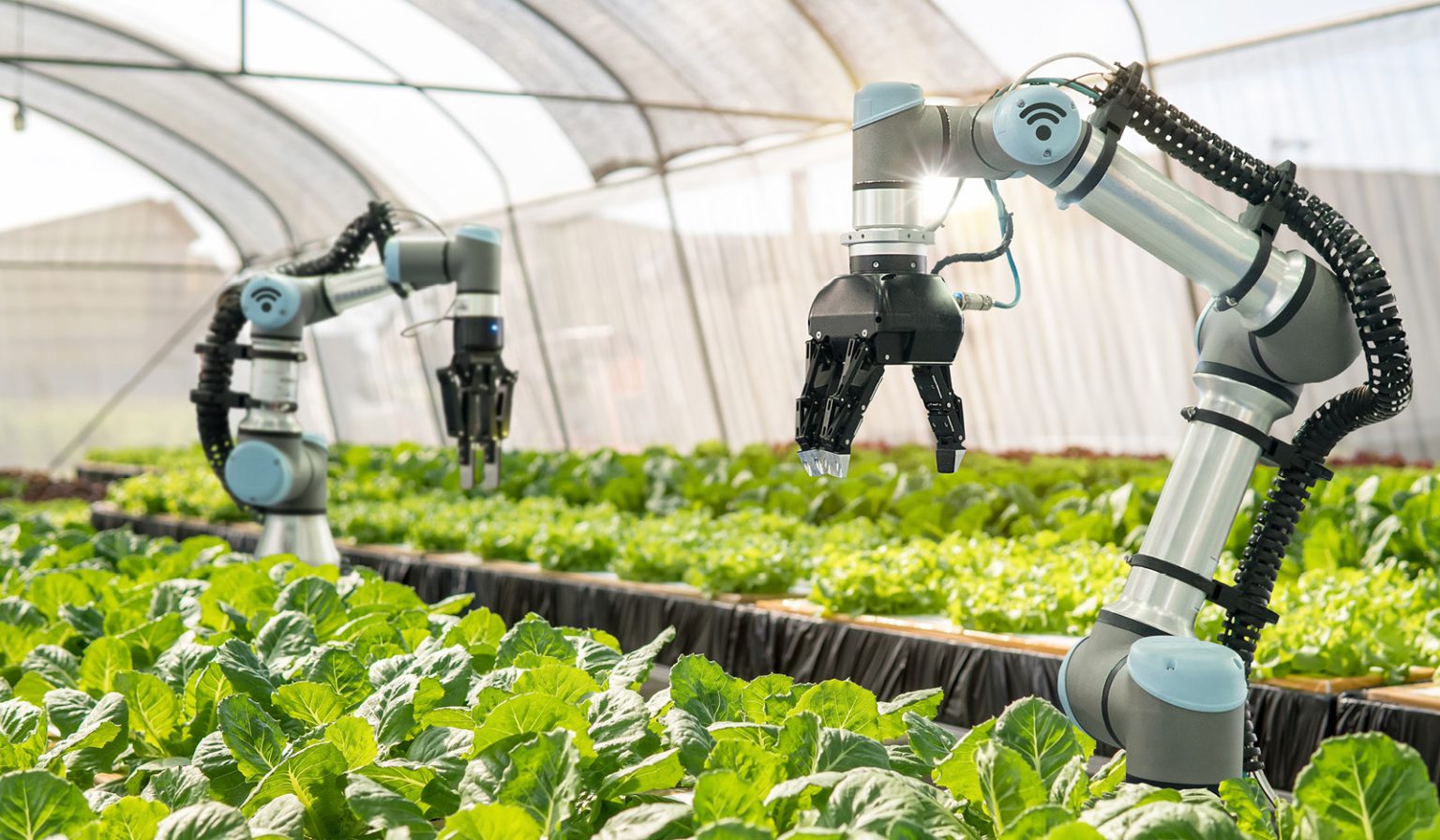Nigeria, like many nations, aspires to diversify its economy, and agriculture stands as a sector teeming with untapped potential. However, the current state of the agricultural industry in Nigeria leaves much to be desired, impeding the country’s ability to harness the boundless opportunities within. Yet, there is a glimmer of hope, a vision for a future where Nigerian agriculture evolves into a dynamic and powerful sector, capable of not only feeding its growing population, but also making substantial contributions to global trade.
The future of Nigerian agriculture hinges on pivotal transformation characterised by policy adaptation and technological innovation that will propel the sector from its current state of reliance on age-old tools to a realm of cutting-edge technology. This envisaged era would witness a profound shift, where the once ubiquitous cutlasses would make way for the whirr of drones. In this futuristic agricultural landscape, technology will play a paramount role in increasing productivity, efficiency, and sustainability.
One compelling facet of this technological revolution is the use of advanced tools to mitigate post-harvest losses. Climate change, an ever-present concern, can be monitored and managed more effectively through technology. The deployment of drones, equipped with sophisticated sensors, can provide real-time data on climate conditions. This data, in turn, can empower farmers with the knowledge needed to make informed decisions about when to harvest their crops, preventing unnecessary losses. Moreover, drones will revolutionise soil and field analysis. Precision agriculture will take centre stage, as drones produce intricate maps for early soil analysis.
This information will empower farmers to make data-driven decisions about crop selection, planting schedules, and fertilisation, ultimately leading to higher yields and resource optimisation. In the future of Nigerian agriculture, drones will also be indispensable for planning seed planting and managing irrigation. These airborne marvels will efficiently distribute seeds with precision, ensuring optimal planting depths and spacing. They will monitor irrigation systems, ensuring water is used judiciously, thus addressing a longstanding challenge in the sector. Another promising aspect of the future of Nigerian agriculture lies in the engagement of the country’s youth. As the sector embraces technology and modernisation, it becomes more attractive to the younger generation. With the infusion of youthful energy and innovative thinking, agriculture in Nigeria can tap into a vast reservoir of untapped potential. The enthusiasm and fresh perspectives of the nation’s youth can invigorate the industry, bringing forth new ideas and approaches that can drive agricultural growth to unprecedented heights.
Furthermore, the diversity within Nigeria can be harnessed to propel the agriculture sector forward. Different regions of the country can specialise in the cultivation of crops suited to their unique climates and soil conditions. This diversity in agricultural production would not only enhance food security, but also position Nigeria as a key player in the global agribusiness. The future of agriculture in Nigeria is one filled with promise and potentials. It envisions a sector driven by technology, innovation, and the enthusiastic participation of the nation’s youth. With the right policies, investments, and a forward-thinking approach, Nigeria can transition from its current agricultural challenges to a future where agriculture is a thriving and dynamic contributor to the nation’s economy and global trade. The transformation of Nigerian agriculture is not just a possibility; it is an imperative that holds the key to a more prosperous and food-secured future.


1 Comment
Great write up, thanks for the information